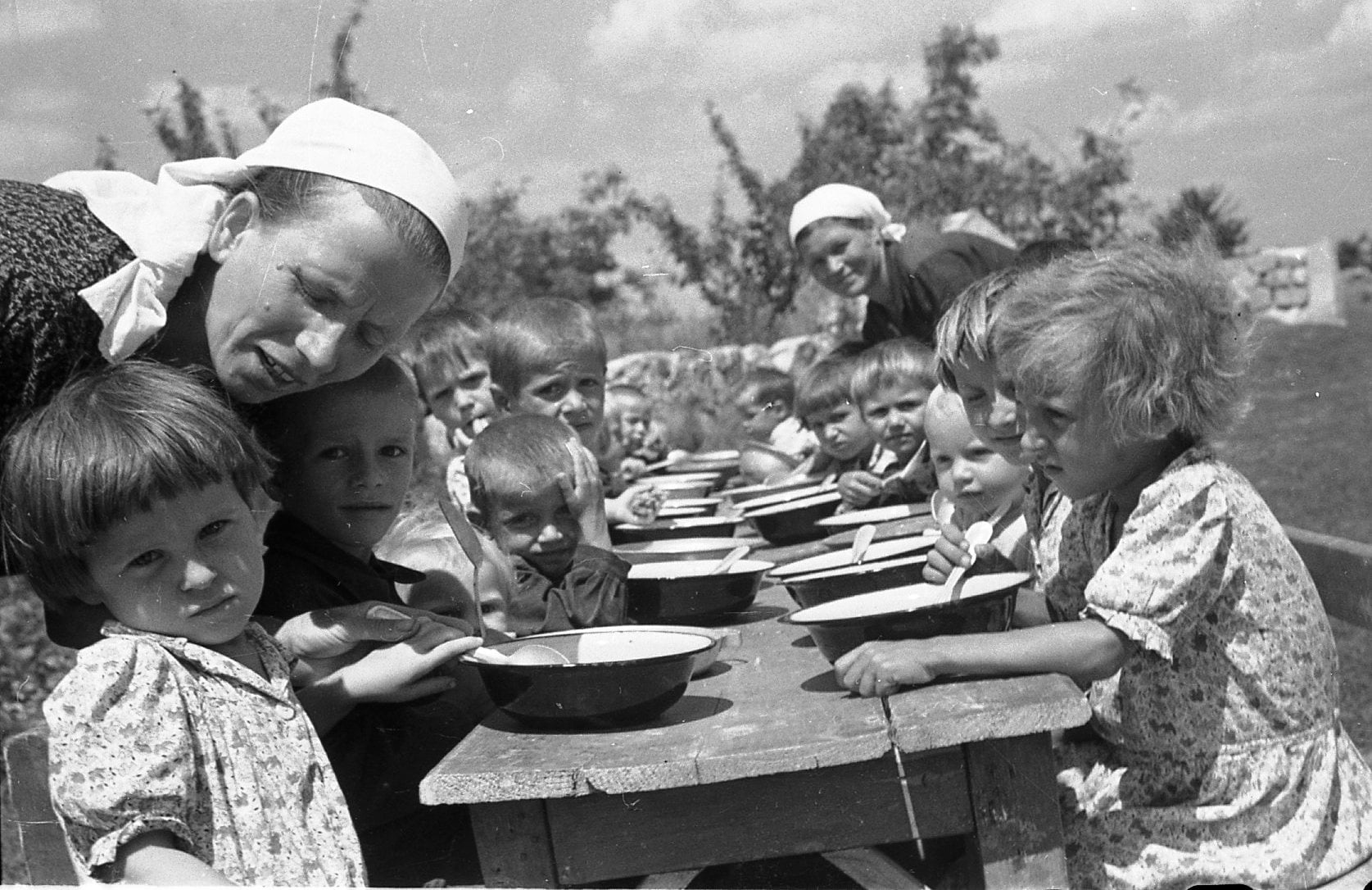
Moldovan parliament speaker conveys message on Day of Commemoration of Famine Victims
The organized famine of 1946-1947 is the most horrifying phenomenon that engulfed the Moldovan Soviet Socialist Republic (RSSM), the current territory of the Republic of Moldova, claims Parliamentary President Igor Grosu. According to him, these painful life lessons should unite the Moldovans, make them stronger, and inspire them to work for a peaceful and European country.
Igor Grosu has conveyed a message to this effect, in the context of marking, on the third Saturday of April, the Day of Commemoration of the Victims of the Organized Famine of 1946-1947. The speaker emphasized that the famine of those years had been a deliberate policy of the Kremlin for the forced Sovietization of the population.
“The famine of that time is the most horrifying phenomenon that engulfed the RSSM, the current territory of the Republic of Moldova. During nine months, at least 120,000 people died of starvation. I don't think there is a village in Moldova that did not go through this dark chapter of history. We, from Cahul, have heard over the years harrowing stories of how entire families were left to starve. And this was because the regime of the time in Moscow decided on the forced confiscation of grain, regardless of whether peasants had anything left for their own consumption,” said Igor Grosu.
The parliamentary speaker also said that, in the name of those who had gone through those terrible sufferings, we have the moral duty not to forget this dark period of the country’s past.
“We must talk about the horrors and sufferings our families went through and not allow any regime to trigger crimes against the people. These painful life lessons must unite us, make us stronger and inspire us to work for a peaceful and European Moldova,” Igor Grosu added.
According to the National Archive Agency, the famine of 1946-1947 was one of the greatest humanitarian catastrophes that hit the current territory of the Republic of Moldova in the 20th century. It was not an unavoidable natural disaster, but a tragedy exacerbated by the authoritarian and repressive policies of the Soviet regime. According to data provided by the National Archive Agency, during just a few months, more than 123,000 people died of starvation, accounting for about 5 per cent of the RSSM’s population. Proportionally, Soviet Moldova was the worst hit region in the entire Soviet Union, with a death rate ten times higher than in Russia and five times higher than in Ukraine.
On the occasion of the Day of Commemoration of the Victims of the Famine of 1946-1947, an exhibition was opened outside the government building, which shows the causes, scale and consequences of the famine triggered by the Soviet regime.
Deputy Prime Minister for Reintegration: Issue of supplying Transnistrian region with natural gas has technical component and is not of political nature
PHOTO // Prime Minister at ambassadors' meeting: Diplomacy must build necessary bridges for Moldova to confidently join European family
Daniel Rotaru appointed as State Secretary of Government
Moldovan PM says relations between Moldova and Romania at peak, continue to develop
Vladimir Plahotniuc remains in preventive detention for another 30 days
Foreign policy priorities set at ambassadors' meeting in Moldova; Moldovan president says there is only one realistic strategy for survival as democratic, free, sovereign state for Moldova: EU membership
Romania to host trilateral meeting of foreign ministers in 2026
VIDEO // Moldova, Romania strengthen strategic partnership: economic cooperation, Infrastructure's development as priorities for 2026
Romania's foreign affairs minister comes to Chisinau on December 22
Moldovan parliament speaker: dozens of projects for Stefan Voda district, investments bringing Moldova closer to Europe
Moldovan parliament might establish voting hour at plenary meetings
Moldovan parliament speaker says discussions to follow on Justice Ministry's platform on draft on creating new prosecutor's office
VIDEO // Parliament congratulates National Police on marking 35 years since establishment
Minister of Agriculture expected in Parliament
PM has discussions with war veterans Moldova
Evolution of Moldova's European integration path discussed with new ambassadors of Germany, China
PHOTO // Moldova's General Police Inspectorate receives donation of IT equipment to enhance efficiency on site
Judge of Moldova's Centru Court of Appeal fails external evaluation
Moldovan Superior Council of Magistracy approves report: judge of Centru Court of Appeal passes external evaluation
Moldovan president says firmer measures should be taken in continuation, to ensure fair, efficient justice
New chance at life in Moldova: two liver transplant patients discharged in good condition in December
Moldovan economy minister unveils economic report for 2025: more support for local producers, increased investments
Moldovan president's statements at news briefing on justice field
Moldovan president says convicts flee before sentencing
Moldovan finance minister says imposing moratorium does not prohibit additional employment
Energocom company of Moldova purchases about 782 million cubic meters of gas to fully meet the consumption needs for 2025–2026 gas year
VIDEO // Moldovan president calls for extending justice vetting
Autumn session 2025 of Moldova's parliament ends on December 31
Moldovan health minister says primary medicine, prevention, digitalization key priorities for 2026
PHOTO GALLERY // Launch of the bio-bibliographic monograph 'TUDOR ZBÂRNEA'

